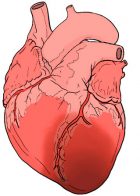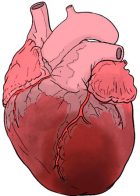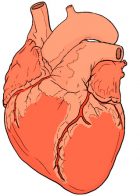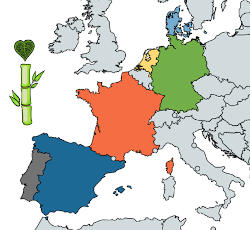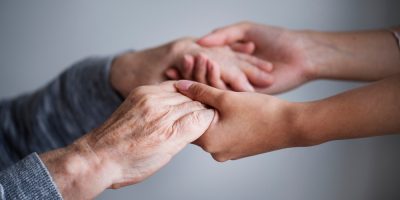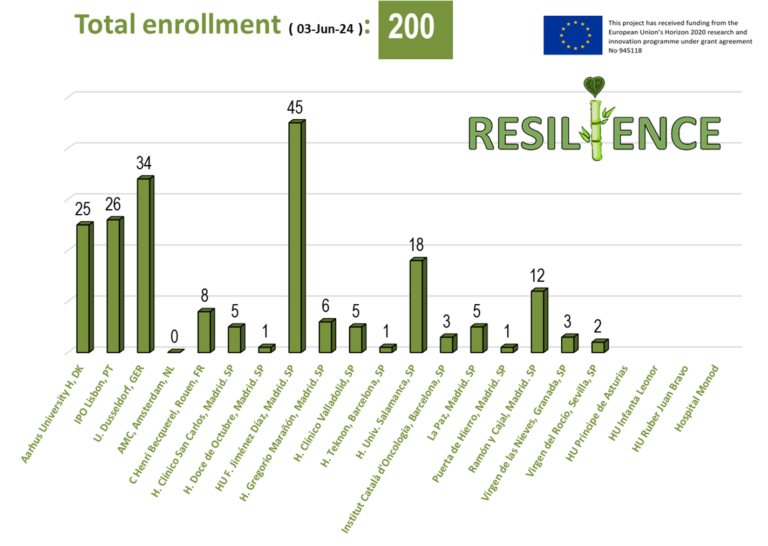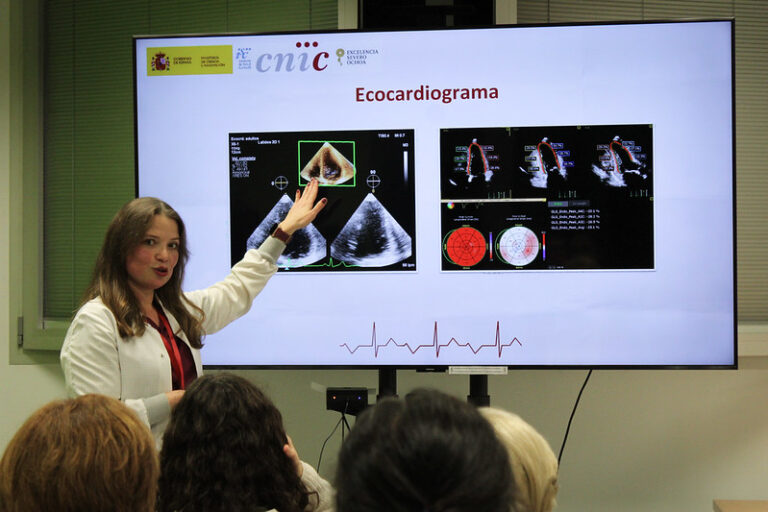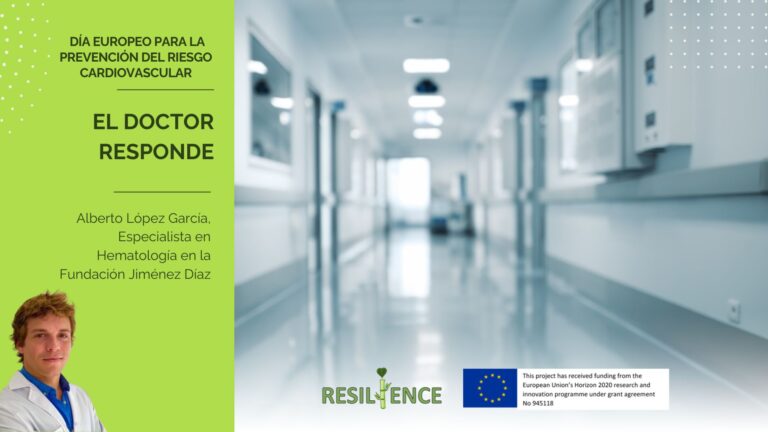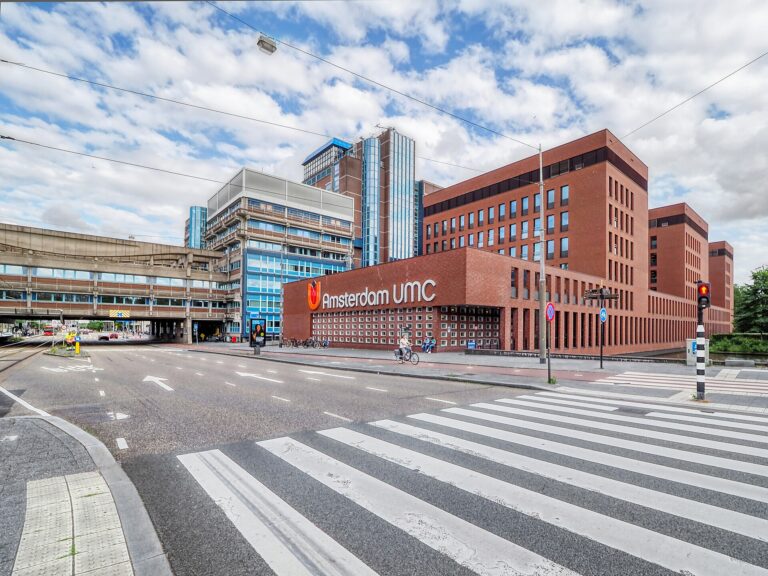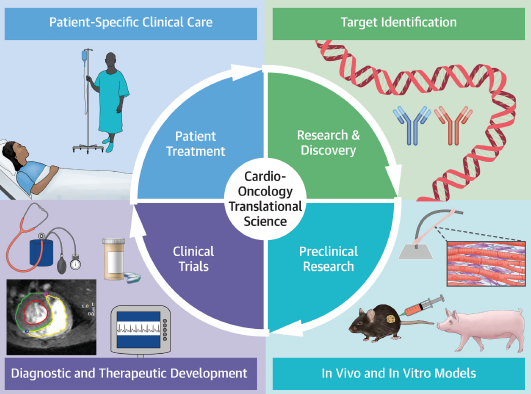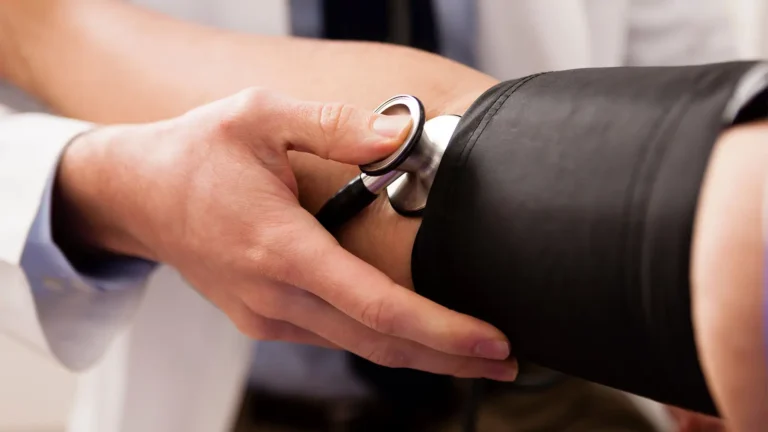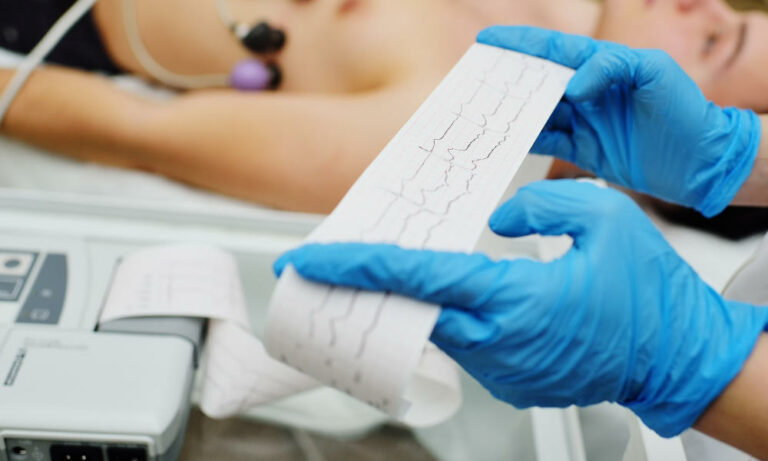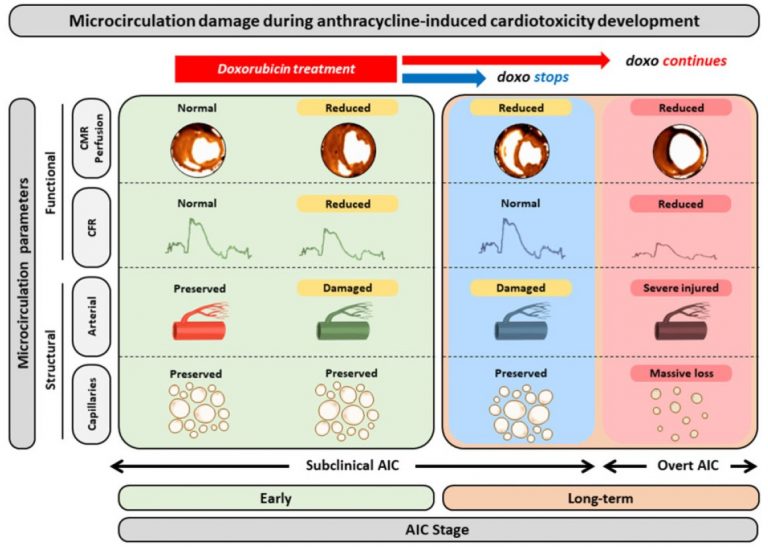Spain is one of the most powerful countries in cancer research. In recent years there have been many promising projects aimed at improving the lives of cancer patients.
The aim of cancer research is to achieve a higher cure rate and prolong patient survival. In this task, Spain is a benchmark and is among the most outstanding countries for its intense research work in the field of oncology.
In our country, more than a third of the clinical trials approved in 2020 by the Spanish Agency for Medicines and Health Products (AEMPS) were for cancer research, exceeding in number even those aimed at COVID-19 in the midst of the pandemic.
This is a great achievement for the fight against cancer, because thanks to research activity it is possible to develop increasingly effective therapies, as well as to carry out powerful preventive activity. Added to this, doing science also makes possible to optimize treatments and adjust them more and more to the needs of each person, thus improving therapeutic results and limiting the dreaded side effects as much as possible.
Spanish research projects, pioneers in the fight against cancer
Some of the recent advances that Spanish research has made possible:
HOPE study with metastatic breast cancer patients
The HOPE project (2020) is a clinical study that, by means of a mobile application, aims to create a network of patients with advanced breast cancer. The main objective is to empower patients suffering from this disease by providing them with information while collecting data regarding their lives and pathology.
The project is backed by a specialized team that provides patients with support at all times. Its development has been driven by the necessity to cover the needs of patients with this type of cancer, needs that have been identified thanks to the reciprocal listening between them and the professionals.
3D skin cancer treatment
Hospital del Mar (Barcelona) has become, since 2018, the first Spanish center to use 3D printing for the treatment of skin cancer with small tumors. To do so, it employs a technique known as plesiotherapy, which uses radiation sources inside or near the area to be treated.
After two years of research work, this system has begun to be implemented, constituting an innovation that allows a much more direct impact on the tumor, which increases the effectiveness of the treatment. Thanks to this pioneering system, treatment is much more practical for professionals and for the patient himself.
Non-invasive biomarkers to diagnose oligodendroglioma
Oligodendroglioma is a type of brain cancer on which little research has been done. For this reason, the Maimonides Institute for Biomedical Research of Cordoba (IMIBIC) has begun to work this year 2022 to change this situation.
The Oligospain project seeks, among other things, to find non-invasive diagnostic biomarkers through the blood, since up to now patients can only be diagnosed by means of a brain biopsy, which is not free of risks.
RESILIENCE, pioneer in the use of RIC for anthracycline cardiotoxicity
Of the 4 million new cancer cases diagnosed in Europe each year, >3 million receive anthracyclines (alone or in combination). Recent data indicate that approximately 35% of patients receiving this treatment will develop some form of cardiotoxicity, which has a very negative impact on physical and mental health. For this reason, and with the aim of improving their quality of life, the RESILIENCE project will be the first large trial to test the benefits of remote ischemic conditioning (RIC) in the context of anthracycline-induced cardiotoxicity.
RIC is performed with a device similar to blood pressure monitor and aims to interrupt circulation in a limb (arm) briefly and repeatedly. This promotes signaling from other organs, such as the heart, and makes them more resistant to possible aggressions, such as cardiac damage by anthracyclines. RIC has already been successfully tested in cases of heart attack, cardiac surgery and stroke and has been proven to be extremely safe.

